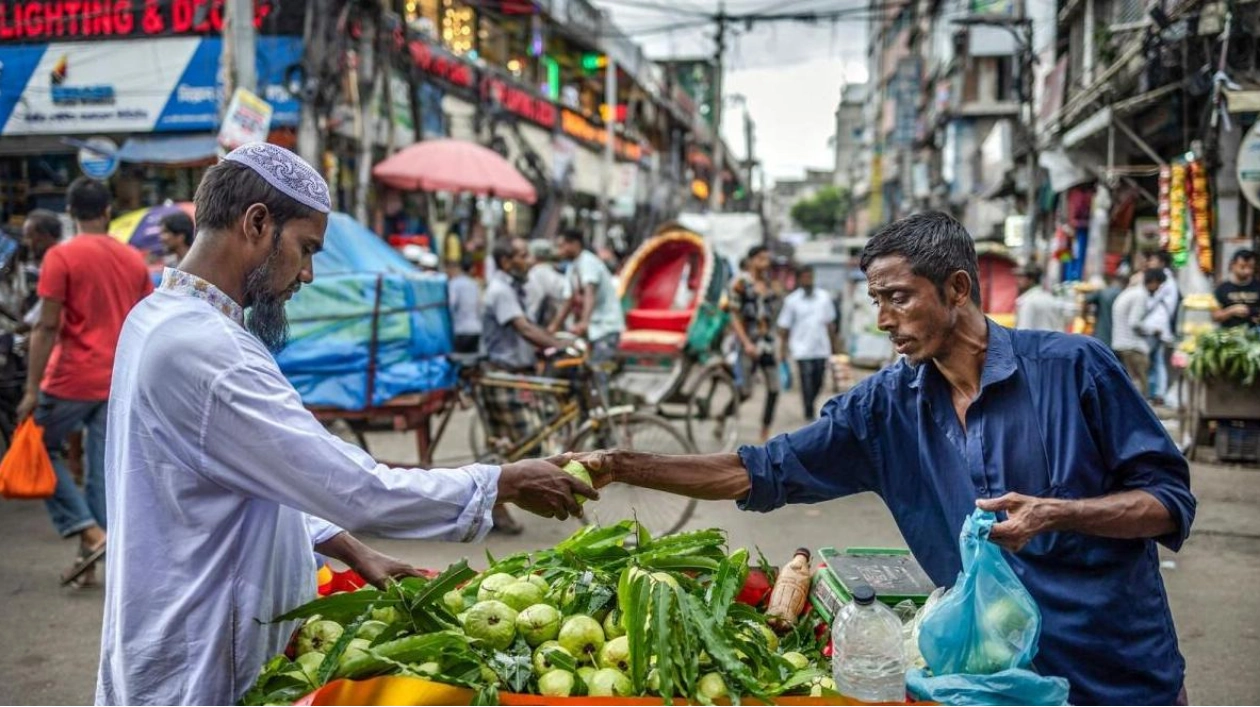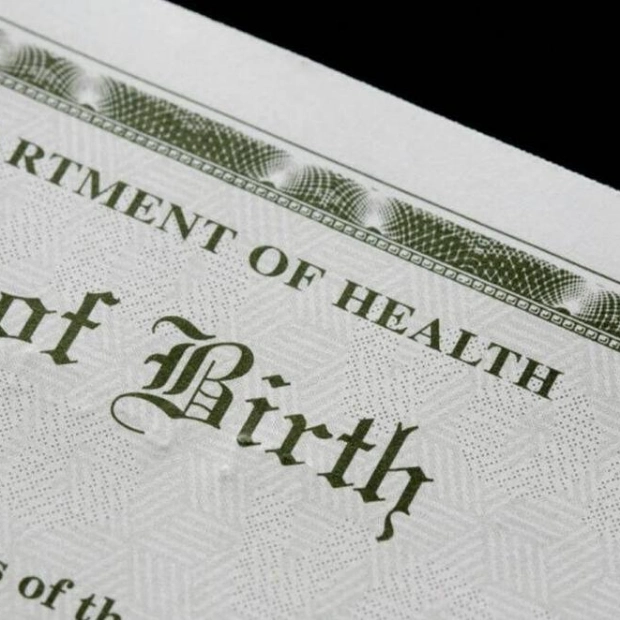Inflation in Bangladesh is expected to decrease significantly in the coming year, although reducing interest rates may take more time, according to the new central bank governor, Ahsan H. Mansur, in an interview with Reuters. Bangladesh is currently facing short-term macroeconomic challenges. Mansur, a former respected economist at the International Monetary Fund, was appointed governor of Bangladesh Bank by the interim government led by Nobel laureate Muhammad Yunus.
The restructuring of key institutions, including the central bank and judiciary, became necessary after former Prime Minister Sheikh Hasina escaped to India following a revolt against her government that resulted in approximately 300 deaths. Mansur highlighted that macroeconomic issues in Bangladesh have escalated over the past two to three years due to poor management of exchange and interest rate policies by the previous central bank administration.
"Reassembling the pieces is always challenging, and we are currently working on it," Mansur stated. "With the aid of interest rate policies, we aim to reduce inflation, though this process will require time. It is unlikely to occur within the next 2-3 months; however, we anticipate a significant reduction in inflation within the next 5-6-7 months, although more time is needed for interest rates to decrease."
Official data shows that inflation rose to 11.66 percent in July from 9.72 percent the previous month. The central bank's main policy rate has been set at 8.5 percent for the first half of fiscal year 2025. To combat inflation, the central bank plans to control demand by maintaining high rates, while the government is also implementing supply-side measures such as increasing agricultural supplies.
Bangladesh Bank has also decided to expand the inter-bank currency trading band from 1 percent to 2.5 percent starting Sunday. Mansur believes this will provide banks with greater flexibility and is expected to enhance the flow of foreign exchange into the inter-bank market, which has been stagnant.
The new interim government has received approval from all multilateral agencies, including the IMF and Asian Development Bank, for their planned reforms. "In terms of governance and reforms, they are very optimistic, and we will engage in constructive discussions to expand our cooperation with them. We will also seek technical and financial support to advance these initiatives," Mansur said.
Additionally, Mansur mentioned that the central bank will review and potentially introduce reforms in the banking sector, addressing concerns about corporate ownership of banks, cross-lending, and defaults by some entities.






